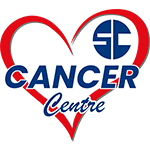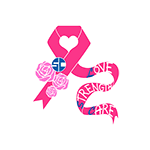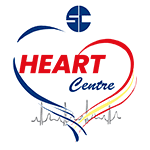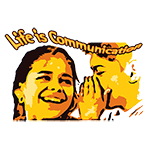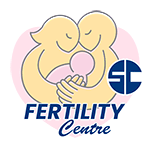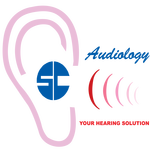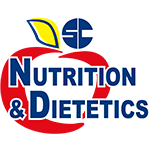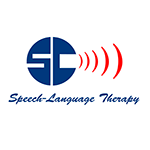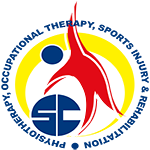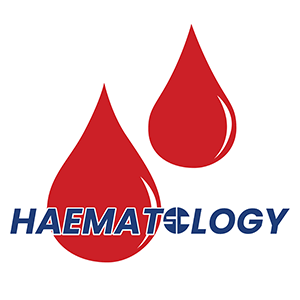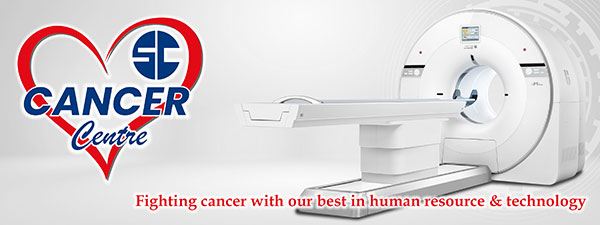
EARLY DETECTION SAVES LIVES
Small Lesion Detection, Faster Scans, Lower Doses
What is PET-CT?
PET-CT is an advanced medical imaging modality which combines Positron Emission Tomography (PET) and Computed Tomography (CT), utilizing the strengths of both imaging modalities to provide optimal diagnostic image quality. PET images functional processes, such as tumor metabolic activity while CT offers anatomic information.
What are the benefits of PET-CT?
PET-CT is especially useful in the field of oncology or cancer management, where it enables:
Detection of smaller lesions; enabling earlier detection of cancers & improved staging of known cancers.
Detection of spread of tumors in the body.
Effects of treatment of cancers can be better evaluated at an earlier stage.
Follow-up to exclude recurrence of cancer.
Improve cure rates as well as patient survival & to reduce the overall cost of treatment.
Accurate treatment planning for radiotherapy with reduction in radiation dose to normal tissues.
What is FDG?
FDG (18-Fluorodeoxyglucose) is a radioactive sugar which is injected into your bloodstream through an intravenous catheter. The cells take up the FDG that is similar to glucose, the sugar in your diet. The PET scanner detects and creates images of the metabolism of the cells in the body.
What if I am a diabetic patient?
It takes 4,000 doses of FDG to equal the glucose in 1 teaspoon of sugar. FDG has a half-life of approximately 110 minutes, and will quickly be excreted from your body.
How long is the procedure?
An appointment will be given. You are expected to come to the hospital 30 min earlier before the appointment time. The whole procedure will take around 2-3 hours. This includes time to prepare you for the scan and time in the scanner.
Patient preparation
Once we receive the PET-CT request form from your physician, you will be screened through by our PET-CT personnel.
Bring along any old films or studies (CT, MRI, Ultrasound, PET-CT) during your screening.
You need to pay the deposit for PET-CT once the appointment date and time is given.
Do not eat anything for at least 4-6 hours prior the test. Take a low-carbohydrate diet on the day before your test. Do not take any sweets, flavored/sugared drinks, mints, coffee with cream or milk, chewing gum etc.
Drink plenty of plain water.
Avoid strenuous/repetitive physical exercise for 1-2 days before the test. Excessive muscular activity may interfere with the interpretation of your exam.
You can take your usual medications with water on the day of your test but if you take any diabetes medication, please notify us to obtain special instructions. Avoid medication that contains sugar like cough syrup.
Please let us know if you have any history of allergies or have allergic reaction to IV contrast before your appointment.
Please leave all jewellery and valuables at home.
Plan to arrive early. The radioactive tracer, FDG is ordered for your appointment and may not be useable in case of a delay.
What to do...
Register at the registration counter.
You will be guided to the PET-CT room and will have to change into our hospital gown.
Your blood glucose level will be tested to see if the levels are acceptable.
You will receive an injection of FDG into the intravenous line.
An intravenous line will be inserted into a vein in your hand or forearm.
You are required to lie quietly and rest for 45-60min while the FDG circulates in your body. Refrain from moving or talking to allow effective distribution of FDG in your body.
You should empty your bladder before the scan. You need to lie on your back for 10-15 min while images are taken. You are required to remain as still as possible during the scan.
After the scan, you should empty your bladder again.
You will have to wait in the waiting room until the radiologist allows you to leave.
You can eat or drink immediately after the scan. Drink plenty of water as the FDG leaves your body through the kidneys and urine.
Our in-house consultant radiologists will interpret the images and forward the report to your referring doctor.



